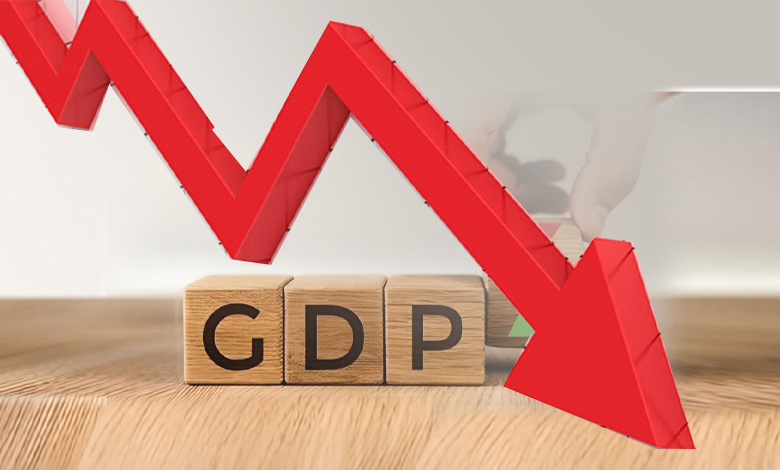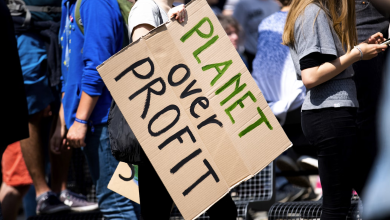Climate Change Bites: Developing Nations Bear Heaviest Global Economic Losses

A freshly unveiled report from the University of Delaware, released just ahead of the COP28 climate summit, delivers a stark message: climate change is already a costly adversary, with developing nations absorbing the hardest blows. The study estimates that last year, the repercussions of human-induced climate change chipped away a substantial 6.3 percent from the global economic output when weighed across populations.
The impact is a composite of direct consequences, ranging from agricultural and manufacturing disruptions to reduced productivity under scorching temperatures, coupled with the reverberations on global trade and investments. Lead author James Rising emphasized, “The world is trillions of dollars poorer because of climate change, and most of that burden has fallen on poor countries.”
Read More : Texas Oyster Industry Faces Double Jeopardy: Climate Crisis and Overharvesting Woes
When gauged without considering impacts borne by the average individual, the global GDP loss stood at 1.8 percent — equivalent to approximately $1.5 trillion — in 2022. The authors elucidate, “The difference between those two numbers reflects the uneven distribution of impacts, which concentrate in low-income countries and tropical regions that typically have more population and less GDP.”
Among the least developed countries, the report highlights a higher population-weighted GDP loss of 8.3 percent. Southeast Asia and Southern Africa bore the brunt, witnessing GDP reductions of 14.1 percent and 11.2 percent, respectively. However, some developed nations experienced an unexpected boon, as Europe, thanks to warmer winters, enjoyed a net gain of almost five percent in GDP last year.
But this silver lining is under threat, with the report cautioning that gains from milder winters are “poised to erode” as hotter summers take their toll. The report also sheds light on the commitment made during COP27 talks to establish a dedicated fund for vulnerable nations grappling with “loss and damage” from climate-related disasters. The fund’s specifics, including contributors and amounts, will be a key negotiation point at COP28 in Dubai.
The study concludes with a somber note: low- and middle-income countries collectively suffered a loss in capital and GDP amounting to $21 trillion over the past three decades, roughly half of the total 2023 GDP of the developing world. As the world converges for climate change conference, the urgency to address climate change’s economic fallout is more palpable than ever.



